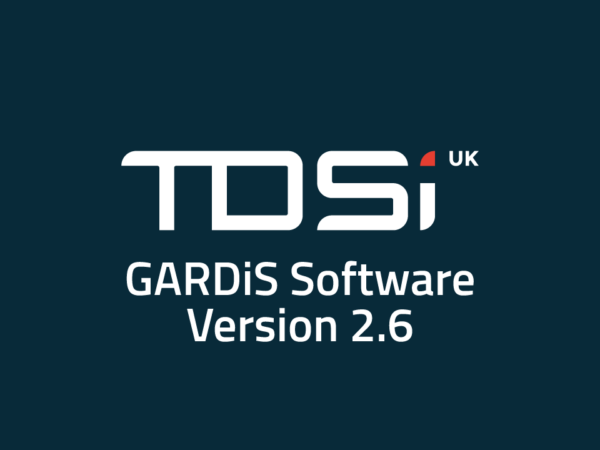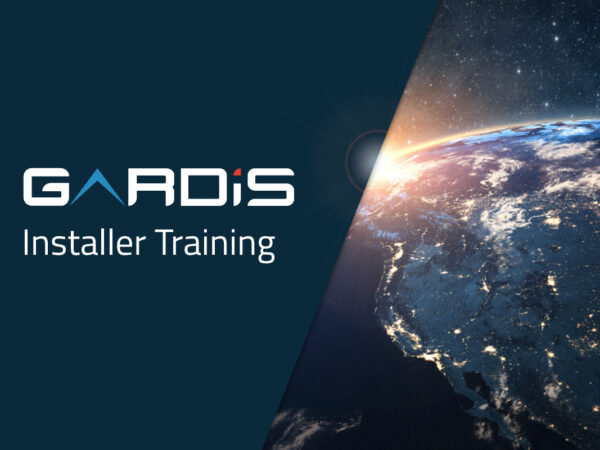
Security systems, like most technology, have a ‘shelf life’ and eventually become superseded or obsolete. I often get asked questions like: “How long should I keep an access control system before it needs to be changed?”, and the simple answer is it very much depends on the system!
Changing Times
When I joined TDSi back in 2003, there was a common assumption that the shelf life of an access control system was seven to 10 years. Of course, the world (and the security technology industry) was very different back then. Much of the technology was still proprietary in nature and the dream of widespread systems integration was still nearly a decade away. Few security manufacturers were building solutions that were truly compatible with those of other providers (except perhaps a few key partnerships).
Integration (and particularly IP connectivity and the IoT) has transformed the security industry, providing greater choice for security buyers and a more straightforward approach for security manufacturers looking to capitalise on a market that values a true ‘mix and match’ approach. TDSi was an early advocate of this, realising that providers of high-quality systems would have little to fear from a more open stance on shared technology protocols.
These changes have made a huge impact on the shelf life of systems, in some cases lengthening the lifespan but also shortening it for other components too.
Hardware and Software
For some access control and security components, seven to 10 years is still about accurate for their service life. However, with the pace of technology ever-quickening, the timeline is often shortening – but not necessarily for the whole system.
A good illustration of this is access cards, which have evolved over recent years, largely to stay ahead of criminals who are in an ‘arms race’ of security versus hackers. MIFARE Classic cards, for example, have become insecure for all but the lowest levels of secure access due to a proliferation of cloning technology, which is cheap and readily available. More current options (such as MIFARE Plus and DESfire), have added considerable encryption capabilities whilst retaining the cost and flexibility benefits.
Older access cards may require further investment, but modern readers (certainly those that are supplied by TDSi), offer all sorts of options (including backwards compatibility) to ensure they will be an excellent longer-term investment. Even more so are controllers, which are built to accept new and different types of readers – some of which may be bespoke for their environment and more problematic to replace easily.
Software is an essential ‘glue’ between the various physical parts of the security network, and one which is moving at an extremely fast pace. At TDSi, our software is continuously evolving to ensure our systems can deal with the latest threats. Much like the IT world, our systems receive regular updates and improvements.
When it comes to core systems, the software elements are especially important. Most security systems are now controlled by centralised software (such as TDSi’s EXgarde PRO) which oversees all the hardware and software elements in the network. Happily, modern software is very sophisticated and can include expert ‘patches’ to ensure it works with future technology, whilst also being backward compatible with many legacy systems, which may still be desirable to use.
By using a network of interchangeable components, it’s much easier to use each part to its full potential lifespan. This makes considerable practical, financial and
environmental sense for everyone concerned.
Realising the Full Lifespan of Your Investments
The days of security providers looking to simply ‘shift boxes’ and sell you new hardware at every opportunity are long gone. The security industry is very well geared up to providing security as a service and this includes ensuring new systems complement existing investments wherever possible.
Security end-users do need to pick their integration partners and technology suppliers carefully though, choosing those which have a good track record in their specialty, with the technical expertise and skills to stay on top of the developments across the industry.
At TDSi we have always invested heavily in product development (something we share with our parent group, Vitaprotech). We are proud to say that whilst we continue to develop and sell leading-edge security technology, it’s not unusual to see some of our more seasoned products continuing to diligently protect secure sites around the world!
Other News
News 08/01/2024
TDSi Launches Version 2.6 Update of its Powerful GARDiS Software
GARDiS Version 2.6 has arrived! We’re excited to announce the release of the latest update to our powerful but highly flexible and secure GARDiS access…
Read moreNews 03/01/2024
Free GARDiS Installer Training Dates for 2024
We’re delighted to announce the latest set of dates for our free GARDiS Installer Training for 2024. Available at both TDSi’s Poole in Dorset Headquarters…
Read moreNews 22/12/2023
2023 – A Year of Stability and Momentum
As the end of 2023 draws near, it’s the traditional time to reflect over the last 12 months and how this will influence 2024. Its…
Read more

